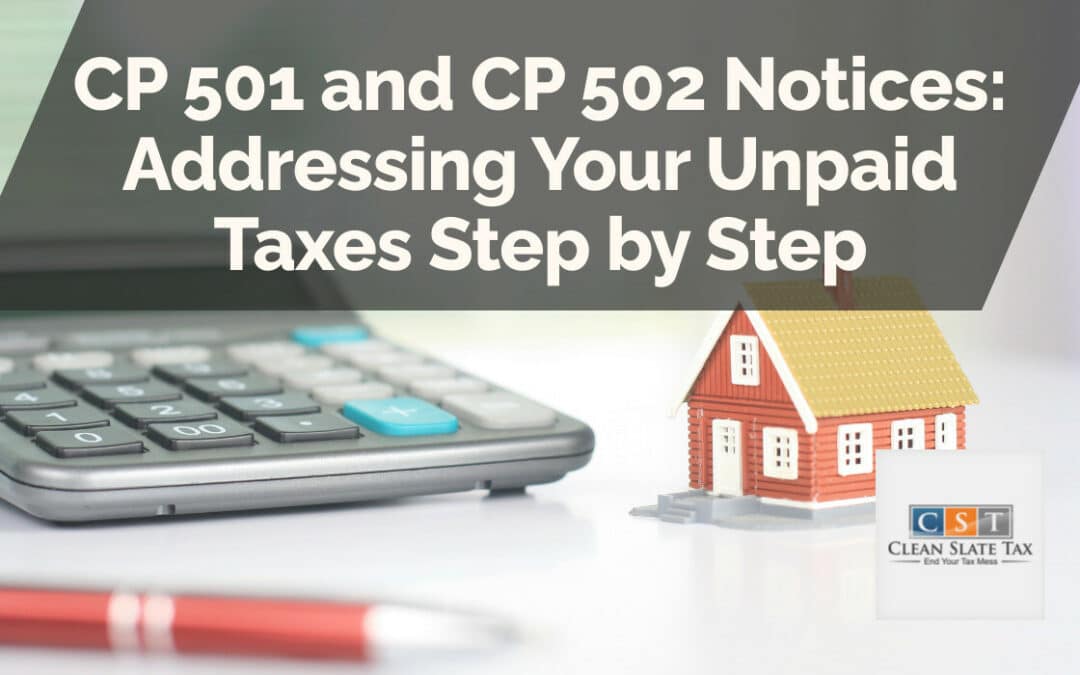Here is a detailed guide to understanding and addressing the Internal Revenue Service (IRS) notices coded CP 501 and CP 502. These notices bring to light the issue of unpaid taxes. Let’s step by step navigate through what these notices mean, how to handle them, and how to resolve unpaid taxes.
Understanding CP 501 and CP 502 Notices
The IRS utilizes an array of different notices and letters to communicate with taxpayers about specific issues related to their tax accounts. Two such notices are the CP 501 and CP 502.
Receiving either one of these notices means that the IRS has identified an outstanding tax debt in your name. The CP 501 acts as the first alert to the taxpayer, while the CP 502 arrives as a follow-up if the tax balance remains unpaid.
How to Respond to CP 501 and CP 502 Notices
Once you receive a CP 501 or CP 502 notice, it is essential not to ignore it. The notice contains vital details about your tax debt, including the due amount, due date, and steps to clear the debt. Here is a simple approach to addressing these notices:
- Review the notice and determine the tax year and amount due.
- Contact the IRS if any information in the notice is unclear or incorrect.
- Devise a plan to pay the balance. This may include using savings, setting up an installment agreement, or qualifying for the Offer in Compromise (OIC) program.
- Pay the balance in full or initiate the plan devised in step 3.
Frequently Asked Questions
What if I disagree with the CP 501 or CP 502 notice?
If you disagree with the notice because you believe the balance has already been paid or the amount is incorrect, you have the right to dispute it. You should contact the IRS as soon as possible to clarify the issue.
What happens if I ignore the CP 501 or CP 502 notice?
If these notices are ignored, the IRS may proceed with enforced collection actions. These actions could include a tax lien against your property, a tax levy on your wages, or potentially even court action.
In conclusion, CP 501 and CP 502 notices from the IRS are crucial notifications about unpaid taxes that should not be ignored. It’s necessary to understand them, respond promptly, and plan appropriately to resolve the situation.





